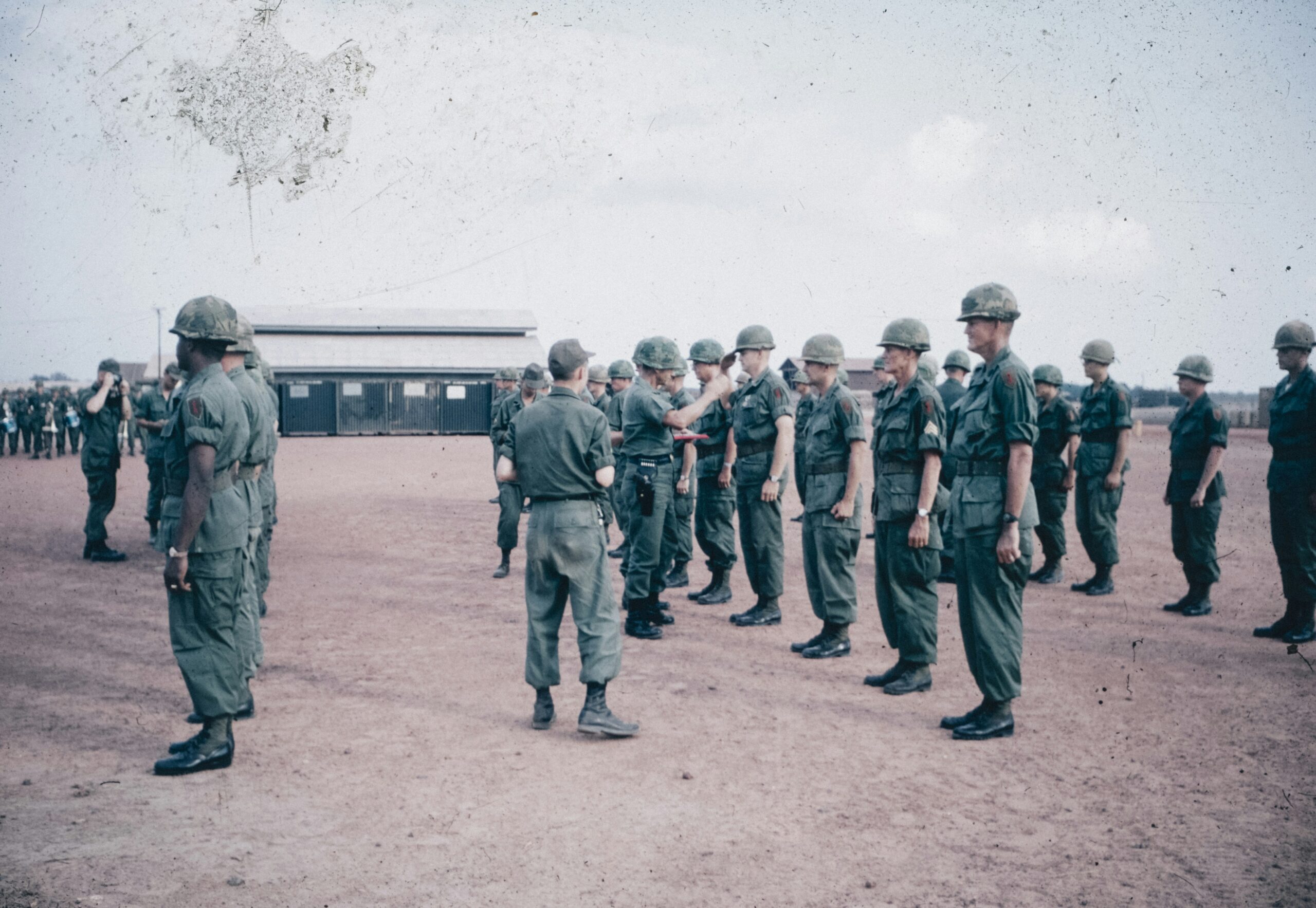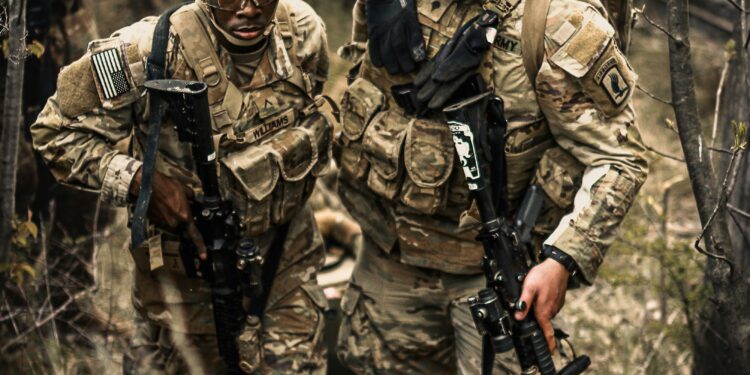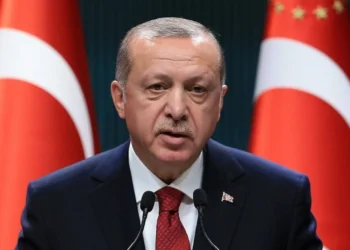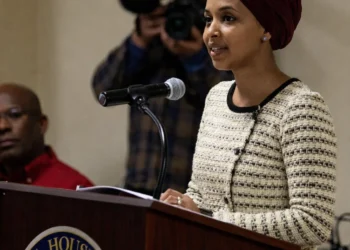The announcement that up to 200 US troops will deploy to Israel to help monitor the Gaza ceasefire is being framed as a logistical necessity, but it is, in reality, the important military guarantee of peace and the geopolitical lynchpin of the entire Trump administration’s strategy.
While no American boots will touch the blood-soaked soil of Gaza, the creation of a multinational taskforce—the Civil-Military Coordination Centre (C-MCC), led by CENTCOM (US Central Command)—is a sophisticated mechanism for external control.
It is an acknowledgment that neither Israel nor Hamas can be trusted to manage the ceasefire agreement without a highly-integrated international overseer. This deployment is far more than mere humanitarian assistance coordination; it is the physical establishment of America’s post-war authority.
The decision to place the C-MCC in Israel and embed partners like Egypt, Qatar, Turkey, and the UAE is a calculated political maneuver. The US role, described as creating a Joint Control Center to “integrate” the multinational force, is an exercise in de-risking the peace for Israel while legitimizing the process for Arab partners.

Why US Oversight Is Inevitable and Problematic
The force’s ability to inform both sides of truce violations via Egypt and Qatar makes Centcom the ultimate arbiter. This is a subtle yet crucial transfer of sovereignty over security from Israel to an international body—an outcome Netanyahu would never accept without the direct involvement of his principal ally, the US.
The deployment of these 200 troops acts as the vital first step toward the proposed International Stabilisation Force (ISF) in Trump’s 20-point Gaza plan. The ISF is intended to provide post-war governance and ensure Hamas disarmament. By setting up the C-MCC now, America is functionally establishing the command-and-control structure for the far more intrusive Gaza peacekeeping mission to come, assuming the hostage exchange is successful.
While the multinational force includes Arab partners, the command remains firmly under Admiral Brad Cooper’s Centcom leadership. This heavy US hand, despite being logistically necessary, risks reinforcing the narrative of external control and further undermining the concept of Palestinian self-governance—a critical issue given the catastrophic toll of 67,000 Palestinians killed by Israel’s offensive.
A ceasefire is only a pause in the violence; it is not a solution. The long-term success of this effort, and the prevention of the next devastating war, hinges on moving beyond simple monitoring to addressing the political vacuum and the humanitarian collapse.

















